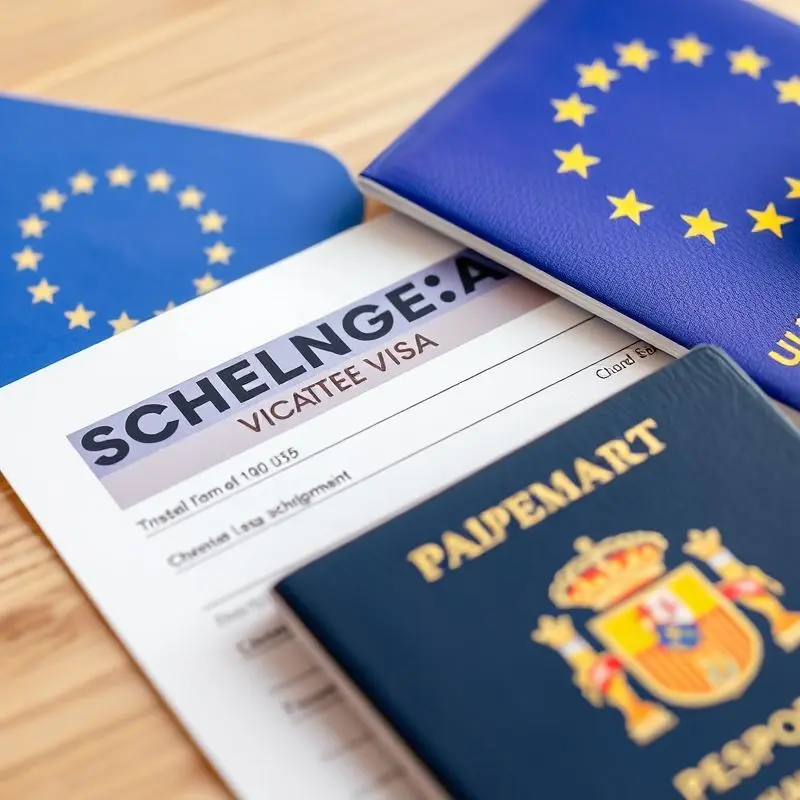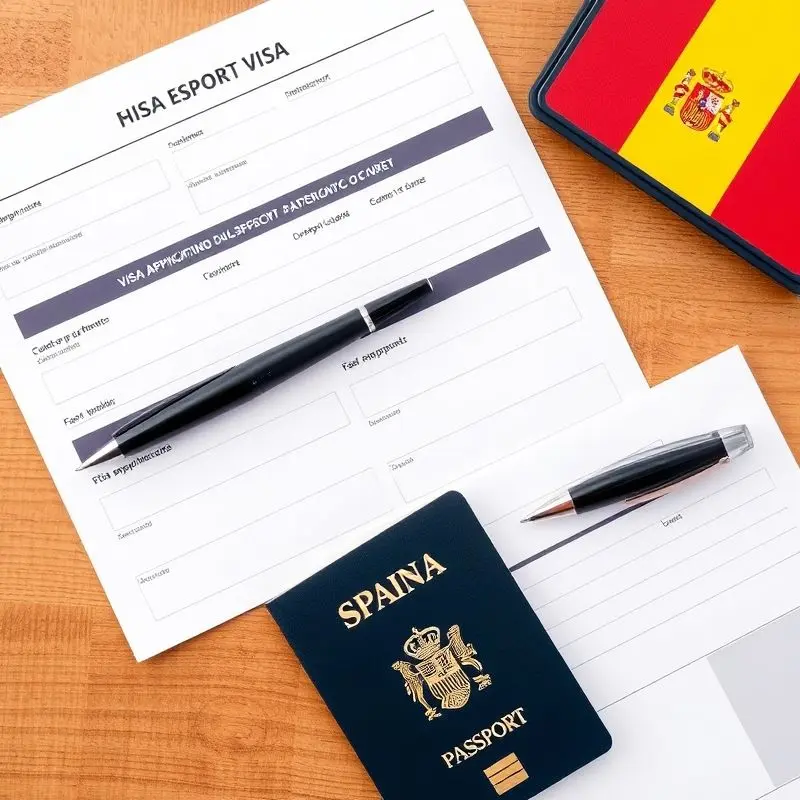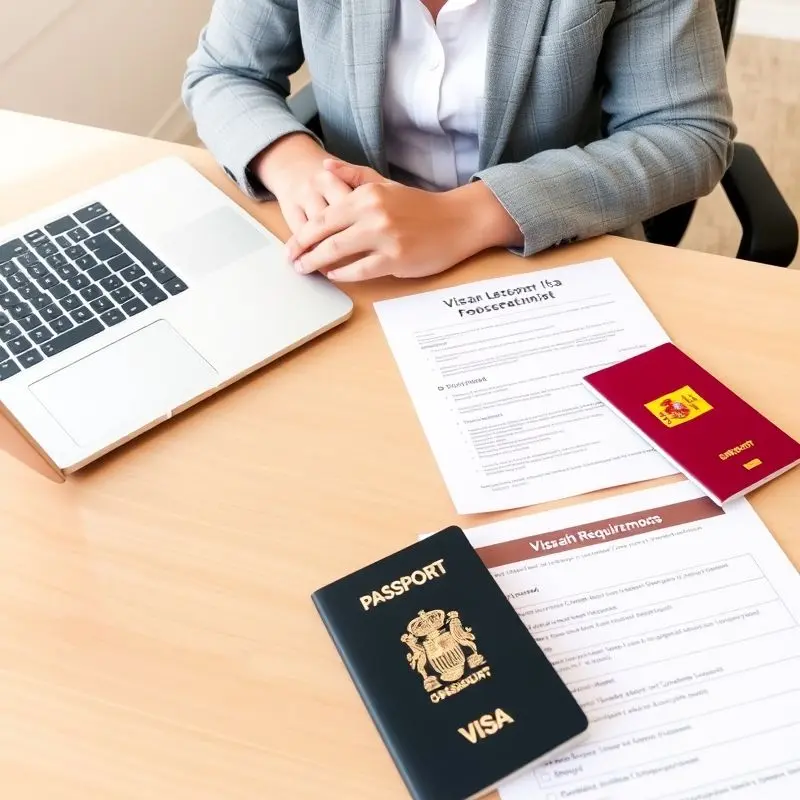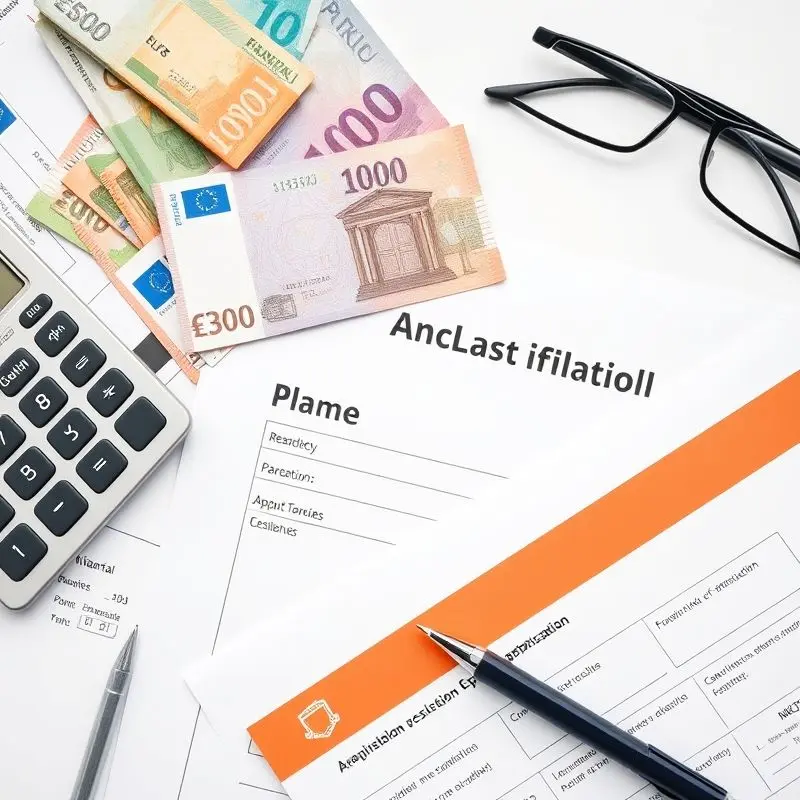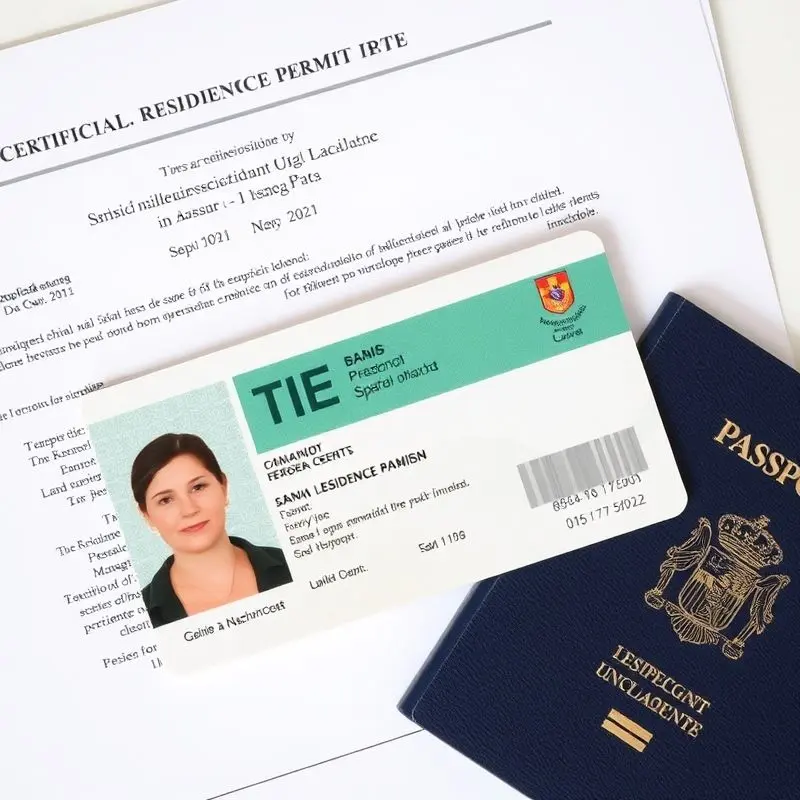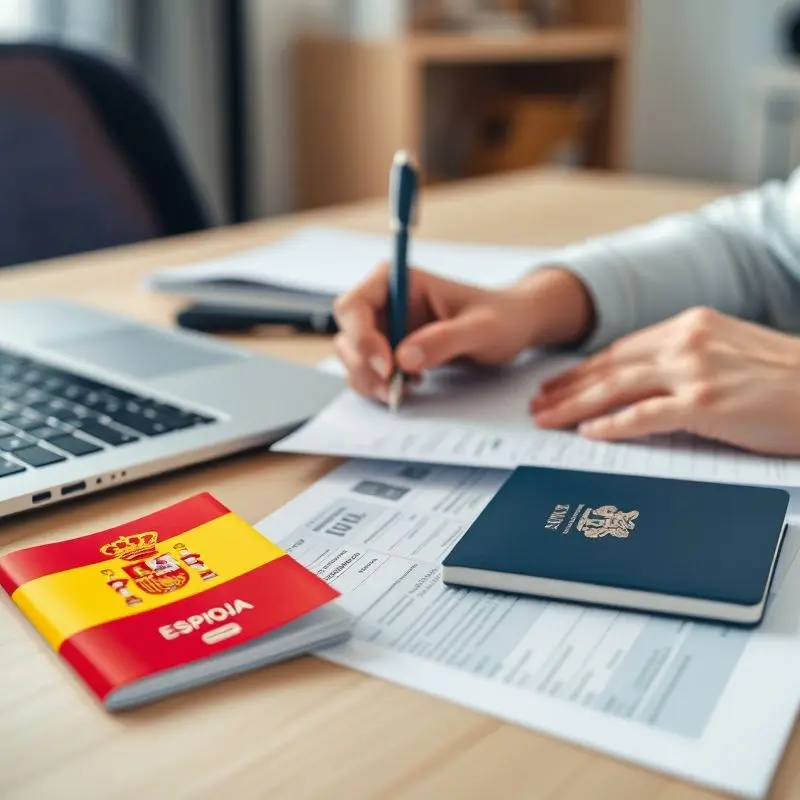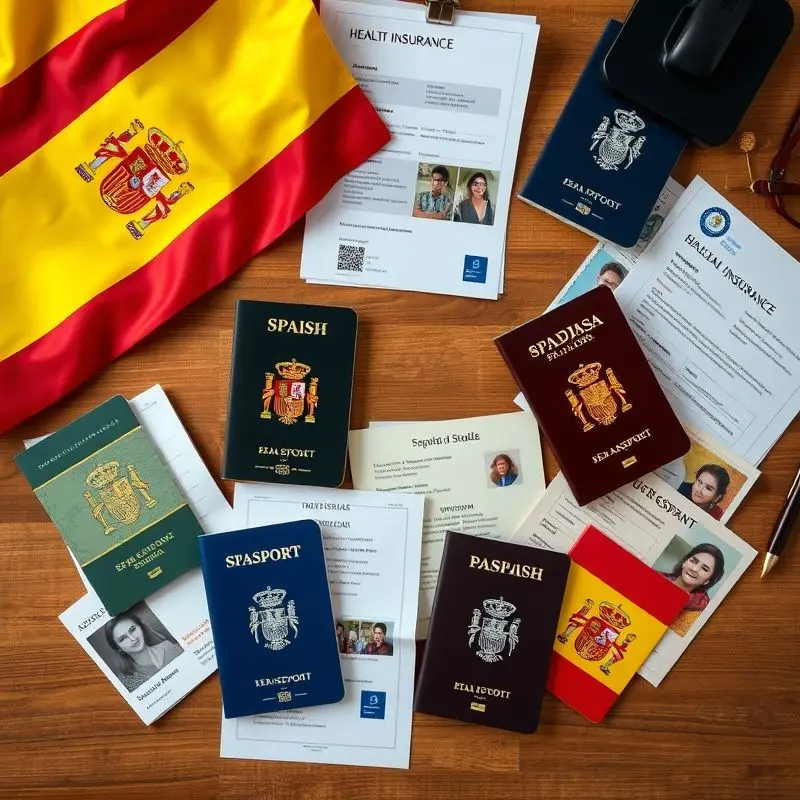Dreaming of Spain? Here’s How to Get Your Visa Fast!
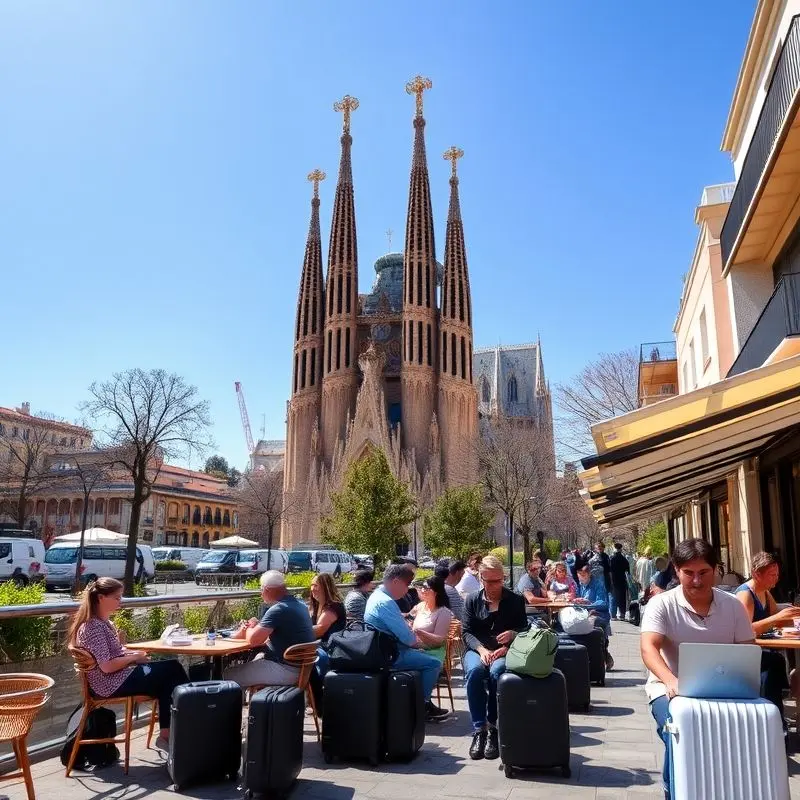
Spain isn’t just a country—it’s a lifestyle. The vibrant culture, gorgeous weather, and laid-back pace of life have drawn millions to its sunny shores. But before you pack your bags, you’ll need to figure out how to get your Spanish visa fast—without the stress.
Understanding Spanish Visas
What Types of Visas Are Available?
Spain offers multiple visa options, depending on your reason for travel. Here’s a breakdown of the most popular ones:
- Tourist Visa – Short-term stays up to 90 days.
- Student Visa – Perfect if you’re planning to study in Spain.
- Digital Nomad Visa – Great for remote workers.
- Non-Lucrative Visa – Ideal for retirees or those with passive income.
Short-Term vs Long-Term Stay
Short-term visas typically don’t allow for extensions. Long-term visas, on the other hand, open the door to residency permits, and eventually, even permanent residency or citizenship.
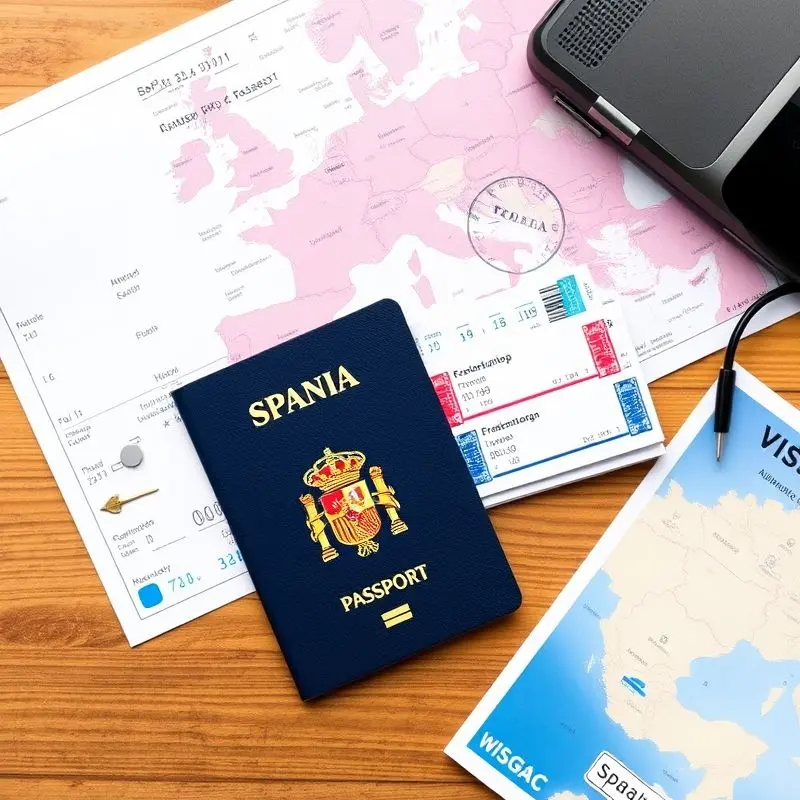
Most Popular Visa for Long-Term Stay
The Digital Nomad Visa
This is one of the newest visa types and arguably the most exciting. It allows remote workers to live in Spain while working for companies abroad.
Requirements:
- Proof of remote employment or freelance contracts
- Monthly income
- Background check
- Valid passport
Benefits:
- Tax incentives
- Family inclusion
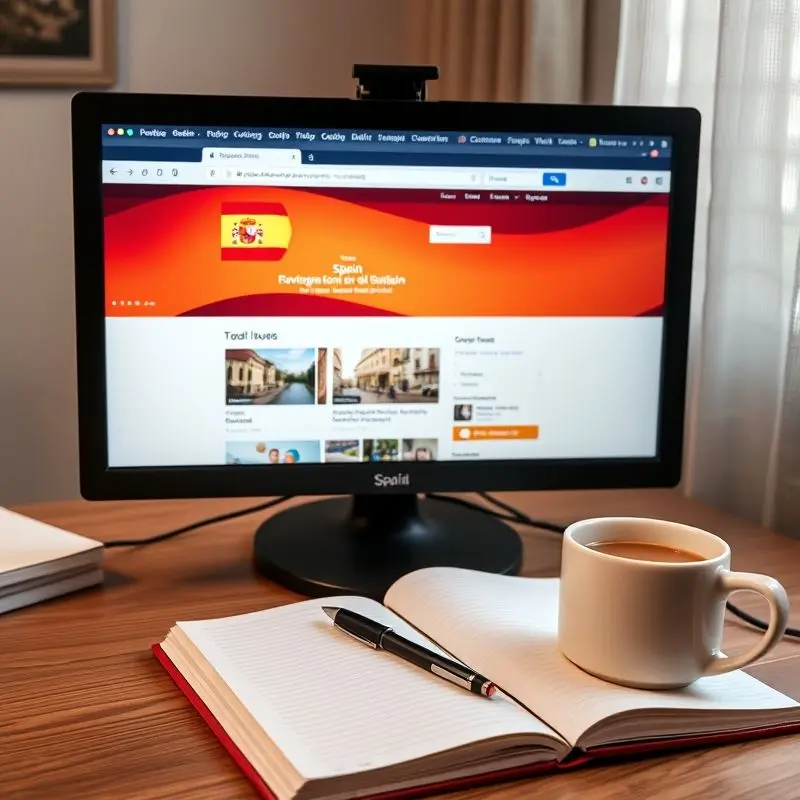
The Non-Lucrative Visa
Designed for those who don’t plan to work in Spain, this visa is perfect for retirees and high-net-worth individuals.
What You Need:
- Financial solvency
- Health insurance
- Clean criminal record
- Accommodation details in Spain

How to Apply for a Spanish Visa
From Outside Spain
Most applicants start their process from a Spanish consulate or embassy in their home country.
- Initial visa granted is typically valid for 1 year
- You’ll receive a national visa (D visa)
From Inside Spain
If you’re already in Spain, good news: You can often switch to a long-term residency visa.
- Residency permit can be granted for up to 3 years
- Faster processing in some regions
Step-by-Step Visa Application Process
Step 1 – Choose the Right Visa
Not all visas are equal. Your lifestyle, work status, and long-term goals will determine the best one.
Step 2 – Gather Your Documents
Here’s what you’ll likely need:
- Passport
- Proof of income or employment
- Health insurance
- Background check
Step 3 – Schedule Your Appointment
Visit your local Spanish consulate’s website. Availability can vary.
Step 4 – Attend the Interview
Bring originals and copies. Answer questions honestly and clearly.
Step 5 – Wait for Approval
Processing time ranges from 3 weeks to 3 months.
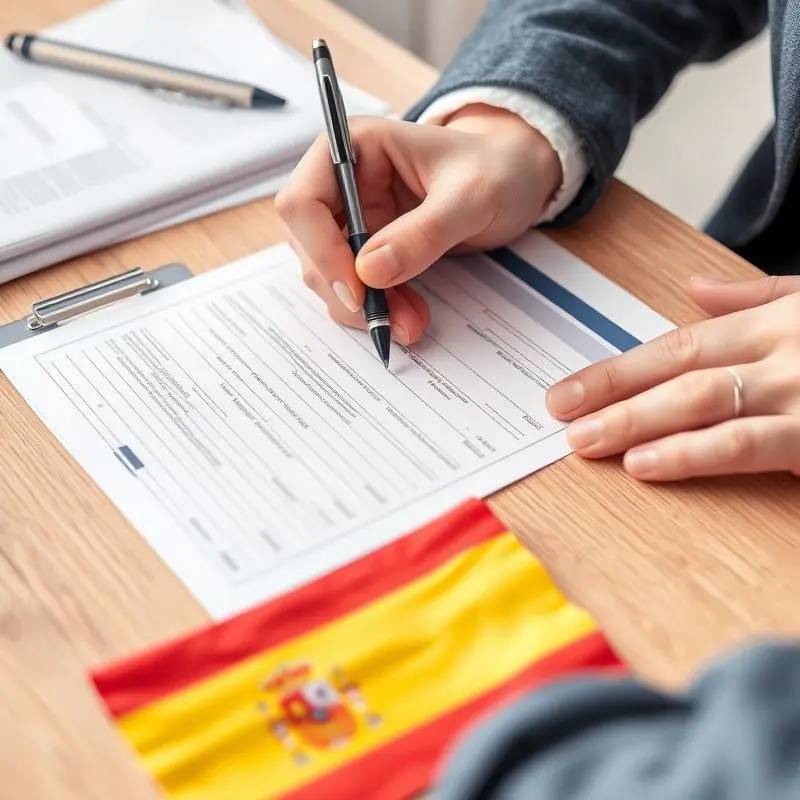
Mistakes to Avoid During the Visa Process
Common Rejections
- Missing documents
- Insufficient funds
- Incomplete application forms
How to Appeal
If rejected, don’t panic. You usually have 1 month to appeal. Get help from an immigration lawyer if needed.
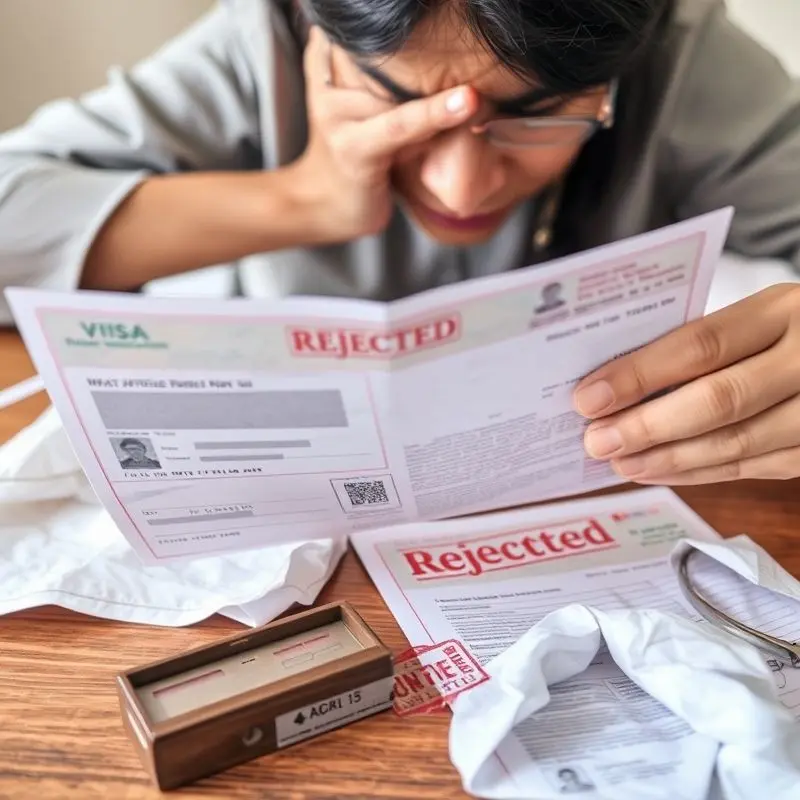
Living in Spain After Your Visa
What Comes Next?
Once your visa is approved:
- Apply for your TIE (residency card) within 30 days
- Register your local address (empadronamiento)
Tools and Resources
- Spain’s Ministry of Foreign Affairs
- Local expat forums
- Visa consultants and legal advisors
Photos and Visual Aids for Each Section
- Sample filled visa form – shows accuracy needed
- Sample residency card (TIE) – clear, high-quality
- Screenshot of consulate booking page
- Remote worker setup with Spain in the background
- Bank statement and health insurance sample
Conclusion
Getting a Spanish visa doesn’t have to be a bureaucratic nightmare. With the right guidance and prep, you’ll breeze through the process and be living your Mediterranean dream in no time.
Whether you’re applying for the digital nomad visa or going non-lucrative, Spain has a place for you. And now, you know exactly how to get there.
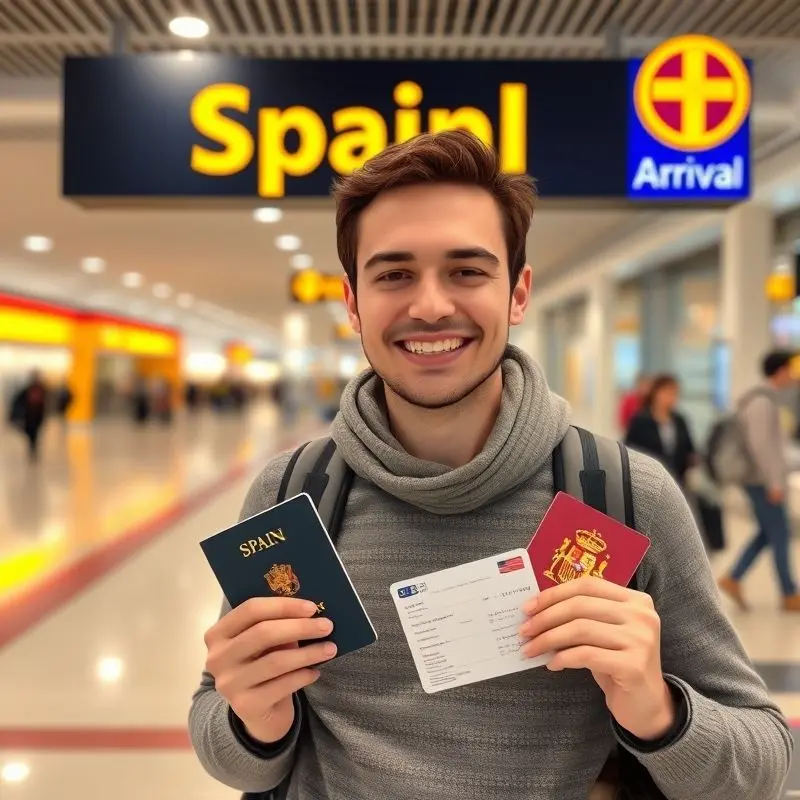
FAQs
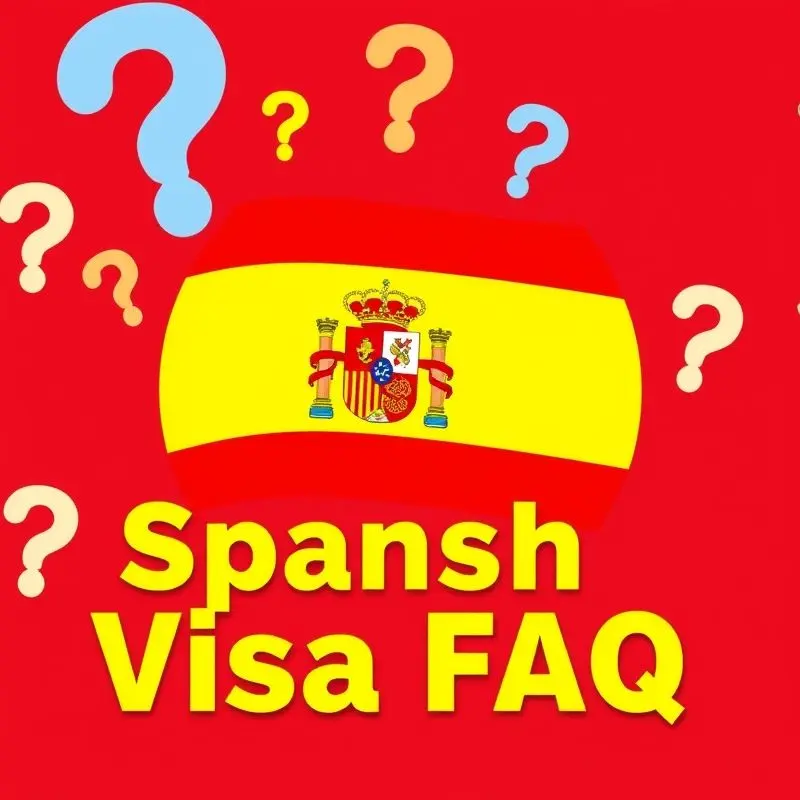
1. Can I switch from tourist to residency visa while in Spain?
Yes, in many cases—especially with the Digital Nomad Visa—this is allowed.
2. How long does it take to get a Spanish visa?
Usually between 3 to 12 weeks, depending on the visa type and consulate.
3. What if I get rejected?
You can appeal. Get professional advice and submit stronger documents.
4. Do I need to speak Spanish to get the visa?
No, but it helps a lot with integration and everyday life.
5. Can I work remotely in Spain legally?
Absolutely—especially with the Digital Nomad Visa designed for that.



